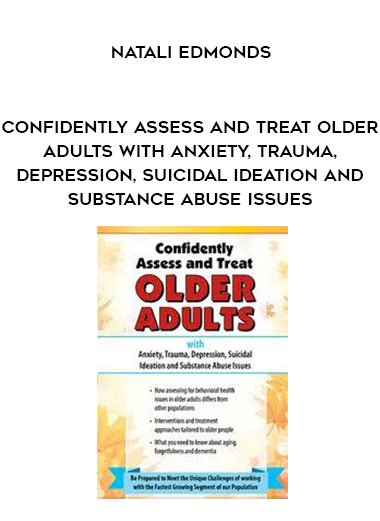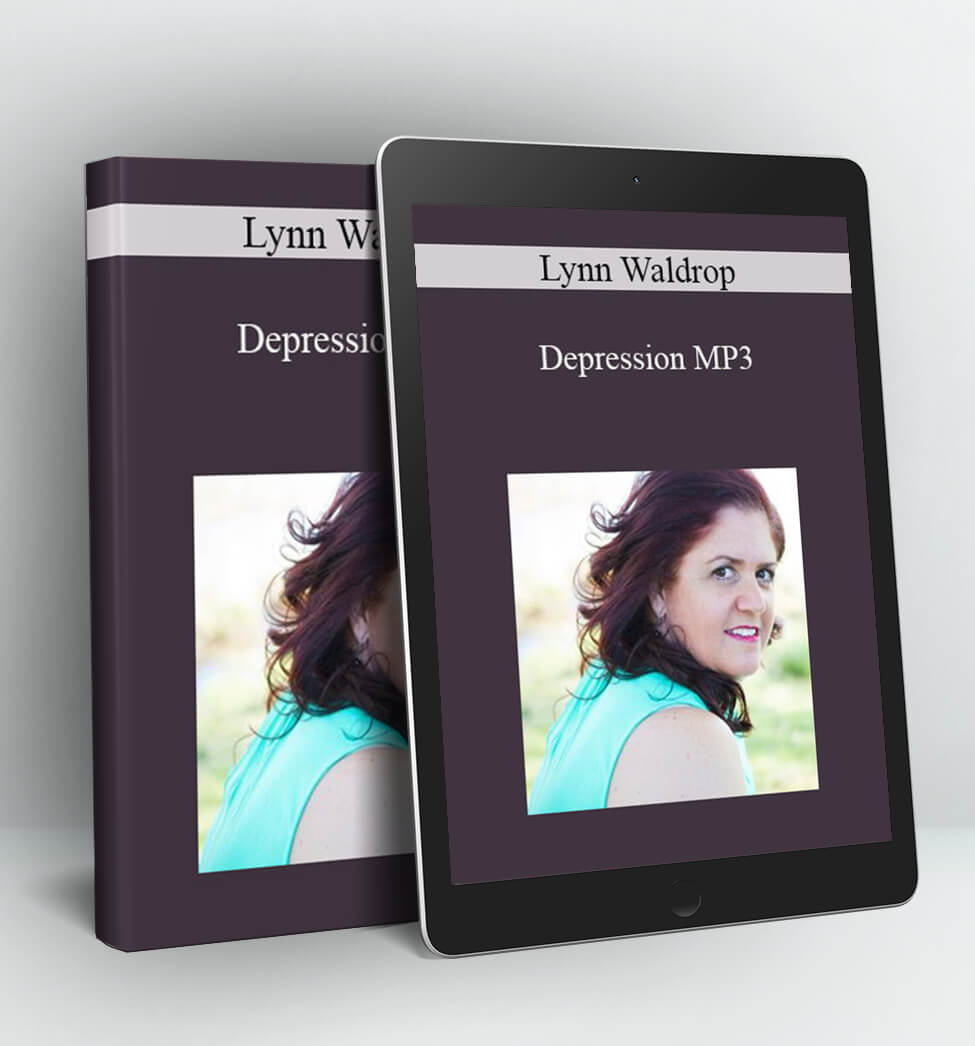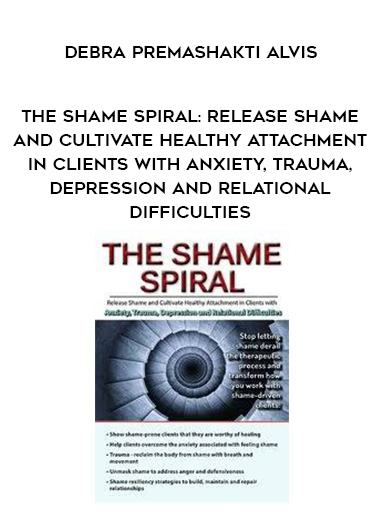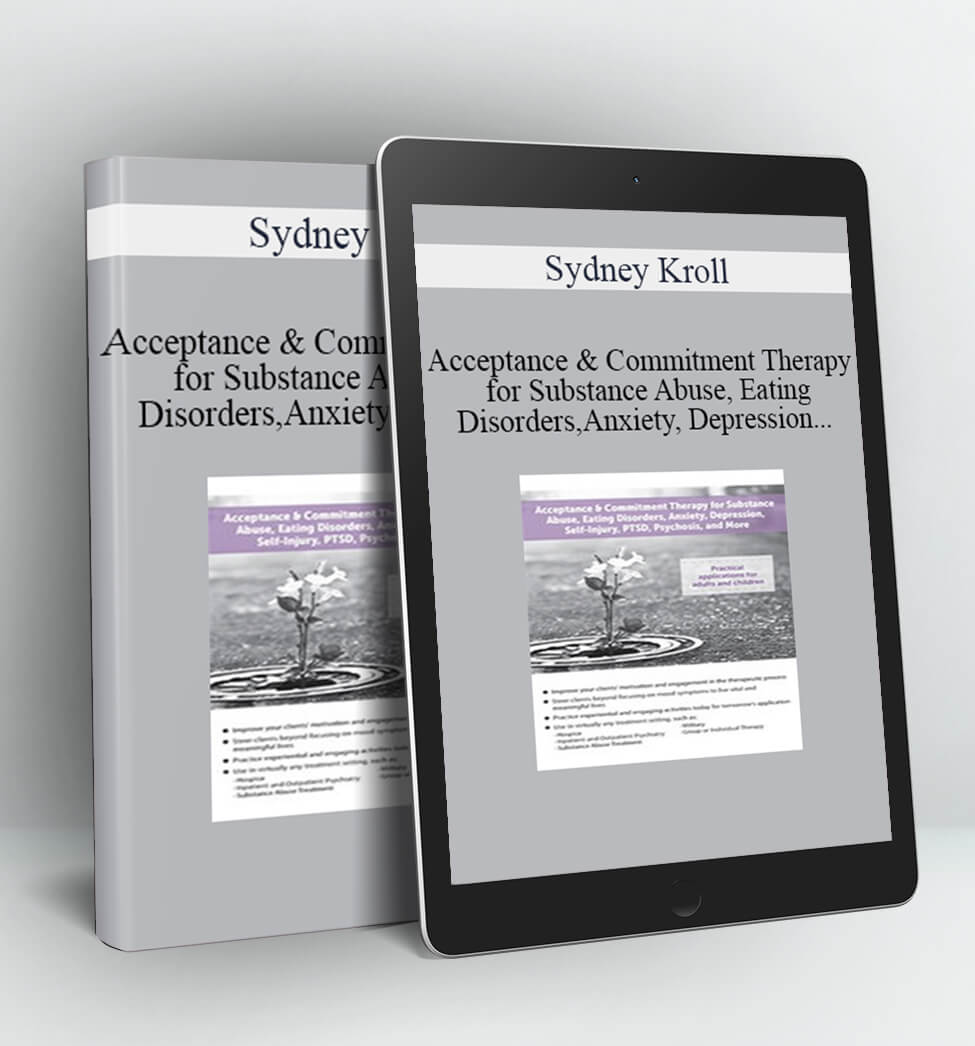CONFIDENTLY ASSESS AND TREAT OLDER ADULTS WITH ANXIETY, TRAUMA, DEPRESSION, SUICIDAL IDEATION AND SUBSTANCE ABUSE ISSUES – NATALI EDMONDS
Older adults are the fastest growing segment of our population. Late-life is a complicated time full of adjustment and transition. Older adults struggling to ride a wave of change are increasingly likely to show up in offices like yours with anxiety, trauma, depression, substance abuse and other mental health issues.
But you worry that assessing and treating people over age 65 is just for specialists. That without lengthy and expensive training you’ll be unable to successfully meet the unique challenges of working with this population.
This recording will transform your practice with older adults from one of hesitance and self-doubt to one of prepared confidence. Get the skills and tools you need to effectively assess and treat older clients for anxiety, trauma, depression, suicidal ideation, and substance use issues. From differentiating the signs of dementia from depression to overcoming generational sigma and shame surrounding mental health conditions, you’ll walk away with a roadmap for combining proven interventions from CBT, Mindfulness, and Behavioral Activation with practical considerations for effectively working with older adults.
Can you afford to be unprepared to serve this rapidly growing population?
Purchase today and ensure that you’re poised and ready to provide the best care possible when older clients walk through your door!
- Articulate how the medical, psychological and social aspects of aging can contribute to anxiety, depression and substance abuse in adults over 65 years of age.
- Characterize how mental health clinicians can work with older clients to help them deal with the late life stressors that accompany aging.
- Communicate how symptoms of depression in older adults are often overlooked as a normal part of the aging process, and establish how evidence-based treatments for depression can be used in therapy with the elderly.
- Analyze the prevalence of alcohol and drug use in older adults and communicate how techniques can be introduced in treatment to increase motivation and provide strategies to cope with triggering situations.
- Employ clinical strategies that help mental health professionals recognize suicide risk in older adults and appropriately intervene in crisis situations.
- Determine the difference between “normal forgetfulness” and cognitive impairment in older clients.
How Working with Older Adults Differs from Other Clients
- Psychopharmacological treatments and the senior metabolism
- Social systems, family and life role transitions
- Generational stigma, therapy and communication
- Elder abuse/neglect
- Finding the strengths of older clients
The Aging Brain:
What You Need to Know About Aging, Forgetfulness and Dementia
- Forgetfulness vs. pathology
- Cognitive assessment tools
- Clinical differences among common dementia syndromes
Treat Late-Life Anxiety Disorders
- Recognize late-life anxiety – assessment considerations
- Somatic overlap with medical disorders
- Generalized Anxiety Disorder (GAD) vs. specific phobias
- Psychotherapeutic treatments
- CBT techniques and older adults
- Relaxation techniques
Depression Over 65:
Assessment and Treatment Approaches
- Assessment strategies for late-life depression
- Social support in late life depression
- Working with grief and loss – unique characteristics of older clients
- Apply evidence-based psychotherapeutic treatments
- Focus on today’s problems with CBT
- Mindfulness as an adjunctive
- Behavioral Activation with the elderly
- Adaptive exercise for the physically challenged
Trauma-Informed Treatment of Older Adults
- Special considerations when assessing seniors for trauma
- Trauma and somatic complaints
- Overcoming shame and stigma
- Identifying co-morbid psychiatric conditions
- Psychotherapeutic treatments
Crisis Management:
Suicide and Substance Abuse Disorders in Seniors
- Drug Abuse Disorders in older adults
- Unique vulnerabilities and diagnostic difficulties
- Assessment instruments
- Motivational Interviewing and relapse prevention
- Suicide in older adults
- The complexity of suicidal behavior in older adults
- Assessment and screening tools
- Treatment approaches and crisis guidance
Tag: Confidently Assess and Treat Older Adults with Anxiety, Trauma, Depression, Suicidal Ideation and Substance Abuse Issues – Natali Edmonds Review. Confidently Assess and Treat Older Adults with Anxiety, Trauma, Depression, Suicidal Ideation and Substance Abuse Issues – Natali Edmonds download. Confidently Assess and Treat Older Adults with Anxiety, Trauma, Depression, Suicidal Ideation and Substance Abuse Issues – Natali Edmonds discount.










